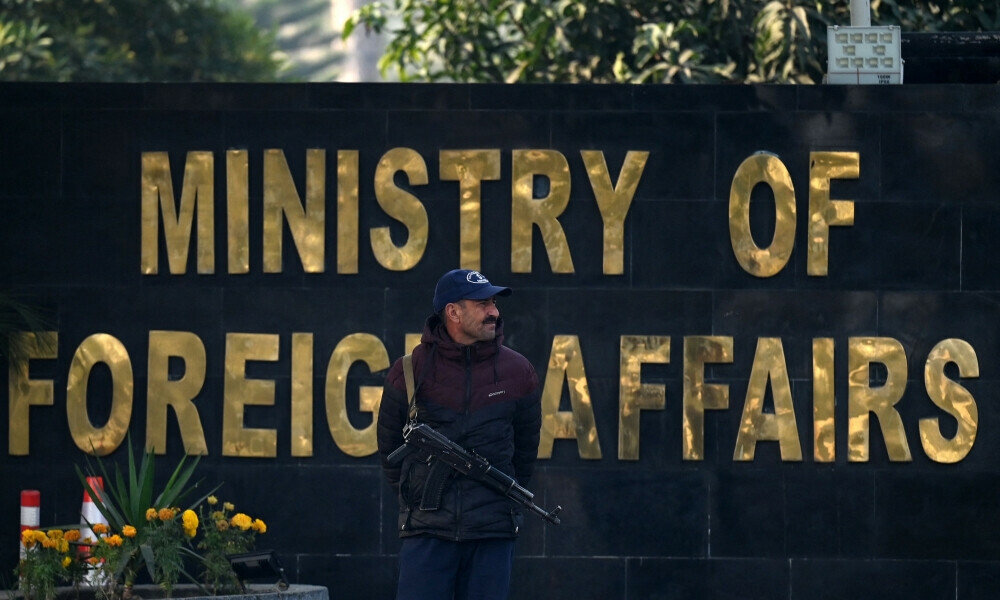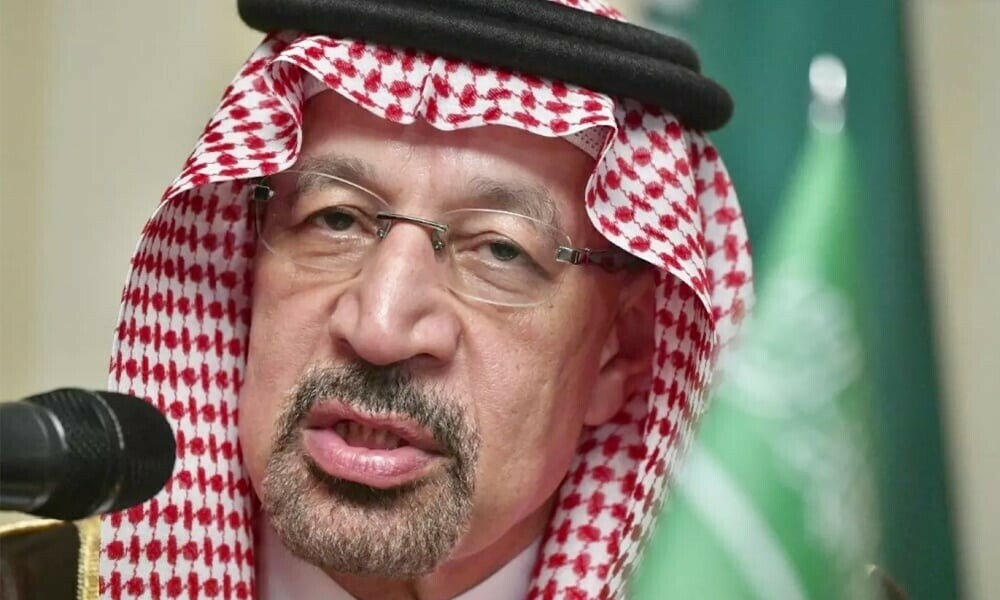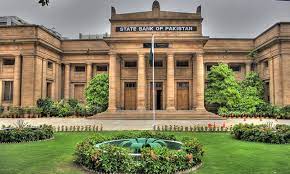PTBP Web Desk
Foreign Office (FO) has strongly condemned recent remarks made by Indian Prime Minister Narendra Modi, labeling them as hate-driven and provocatively violent. In an official statement issued on Tuesday, the FO expressed deep concern over Modi’s language, deeming it unbefitting of the leader of a nuclear-armed state and a grave breach of international norms.
The FO stated, “Pakistan regrets the continued erosion of maturity and decorum in Indian statecraft. Such statements blatantly violate the fundamental principles of the United Nations Charter, which obliges member states to resolve disputes peacefully and to refrain from the threat or use of force against the sovereignty or political independence of other states.”
The Pakistani reaction followed a controversial speech made by Narendra Modi during a rally in Gujarat. Addressing his supporters, Modi said, “To end terrorism in Pakistan, the people of Pakistan need to step forward. Live peacefully and eat your bread, or else my bullet is ready.” The provocative language not only escalated regional tensions but also caught the attention of international observers who monitor South Asia’s delicate geopolitical dynamics.
In its response, the FO criticized these remarks as a deliberate distraction from India’s ongoing human rights abuses and demographic changes in Indian Illegally Occupied Jammu & Kashmir (IIOJK). “Pakistan views these remarks as a reckless provocation, intended to divert attention from the systematic violations in IIOJK,” the FO emphasized.
The Foreign Office highlighted Pakistan’s long-standing contributions to global peace and counter-terrorism efforts. “Our record as a leading contributor to United Nations peacekeeping missions and our cooperation with global counter-terrorism initiatives speaks louder than hostile soundbites,” it noted.
The FO further suggested that if extremism truly concerns Indian authorities, the focus should shift inward. “India must confront its own alarming rise in majoritarianism, religious intolerance, and the disenfranchisement of minorities under the increasingly aggressive Hindutva ideology,” the statement read.
This is not the first time PM Modi has made incendiary remarks concerning Pakistan. Just last week, the Indian premier declared that Pakistan would be denied access to rivers over which India claims water rights. “Pakistan will have to pay a heavy price for every terrorist attack… Pakistan’s army will pay it, Pakistan’s economy will pay it,” Modi said at a rally in Rajasthan, a state bordering Pakistan.
The FO had immediately responded, calling those comments “baseless, provocative, and irresponsible allegations.” It asserted that India’s leadership appeared more interested in crafting a narrative of warmongering and hostility for domestic political gains than in resolving longstanding bilateral disputes through peaceful dialogue.
“Such statements not only reflect a deliberate attempt to mislead the public but also violate the norms of responsible statecraft,” the FO said in its earlier statement. “Resorting to threats and boasting about military action against a sovereign nation is a grave breach of the United Nations Charter and established principles of international law.”
The FO urged the international community, including global powers and multilateral organizations, to take serious notice of India’s escalating rhetoric. According to the FO, such inflammatory language undermines regional stability and reduces the prospects for lasting peace in South Asia.
India and Pakistan have fought three wars and have experienced multiple standoffs since their independence in 1947, primarily over the disputed region of Kashmir. Both countries maintain nuclear arsenals, and any miscalculation, especially through such public threats, could have catastrophic consequences.
International organizations including the United Nations and regional watchdogs have frequently urged restraint and diplomacy in the region. Pakistan continues to advocate for the resolution of outstanding issues—including Kashmir—through peaceful and legal mechanisms under UN supervision.
The FO concluded by emphasizing that responsible leadership in both India and Pakistan is crucial to maintaining peace in the region. While Pakistan reaffirms its commitment to peace, stability, and international cooperation, it views India’s rhetoric as a step in the opposite direction.
“Leaders of nuclear-armed nations must demonstrate maturity and restraint, especially in public discourse,” the FO noted. “We urge Indian leadership to abandon the politics of hate and embrace dialogue and diplomacy for the sake of regional harmony.”




